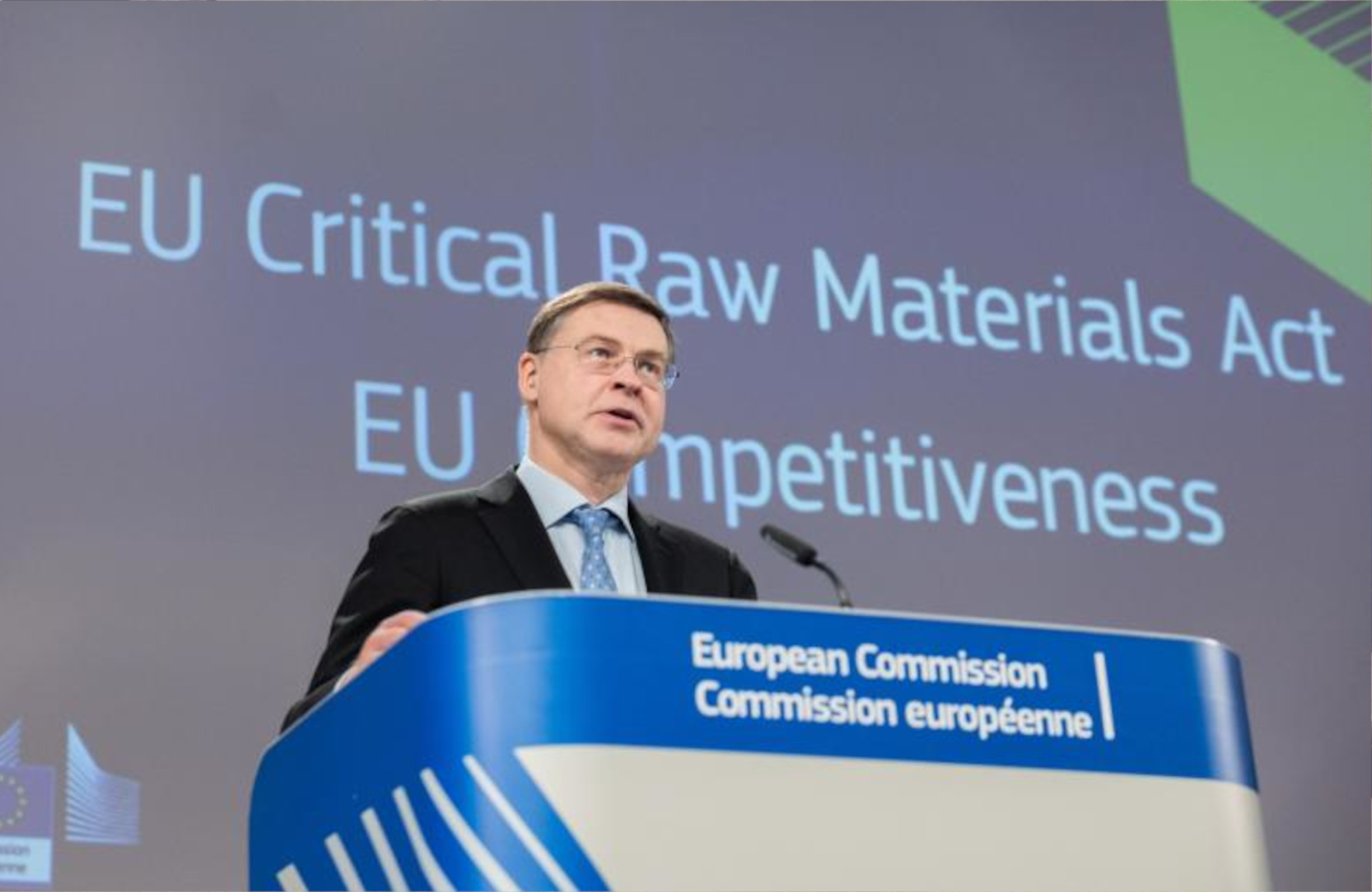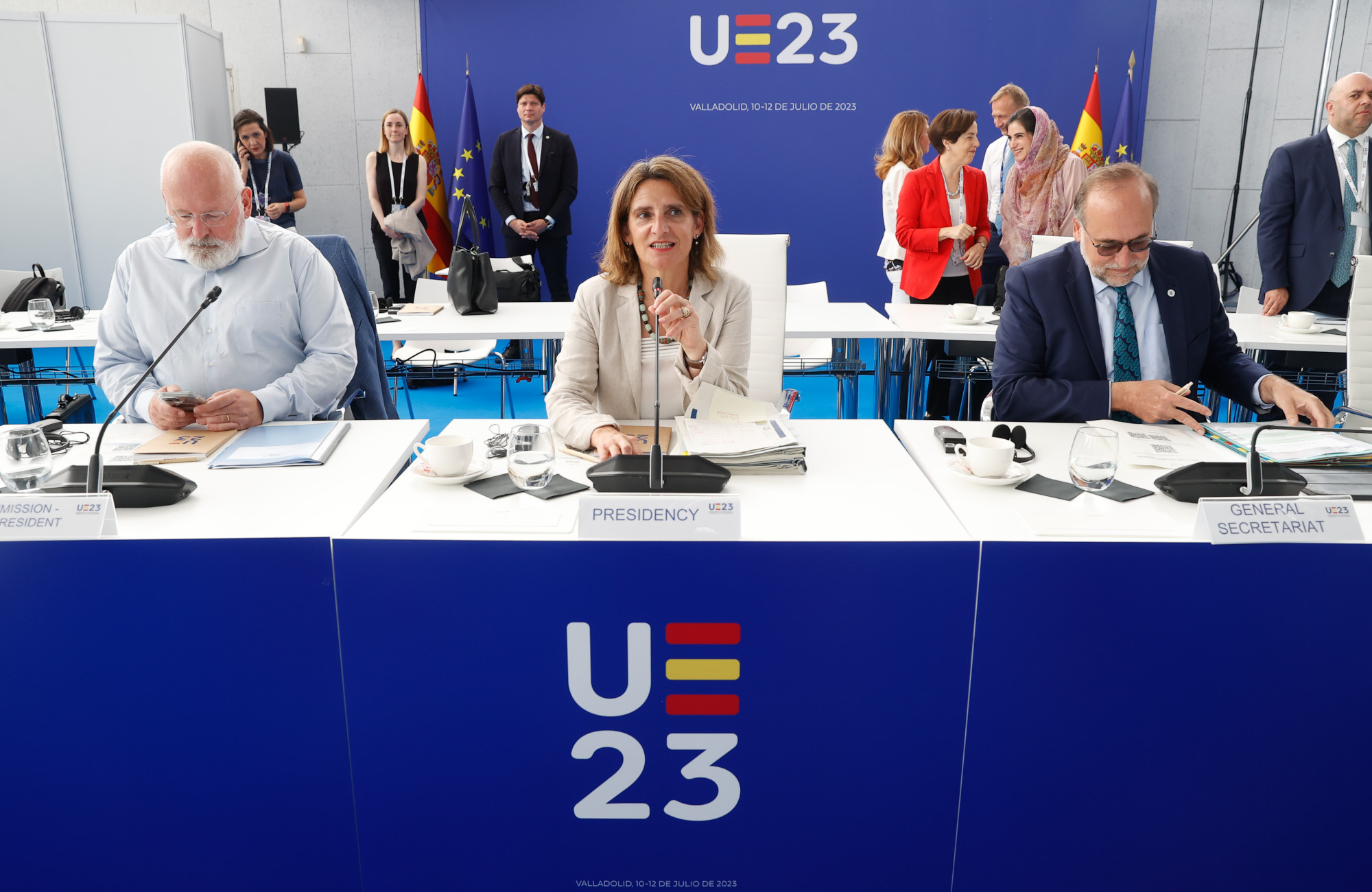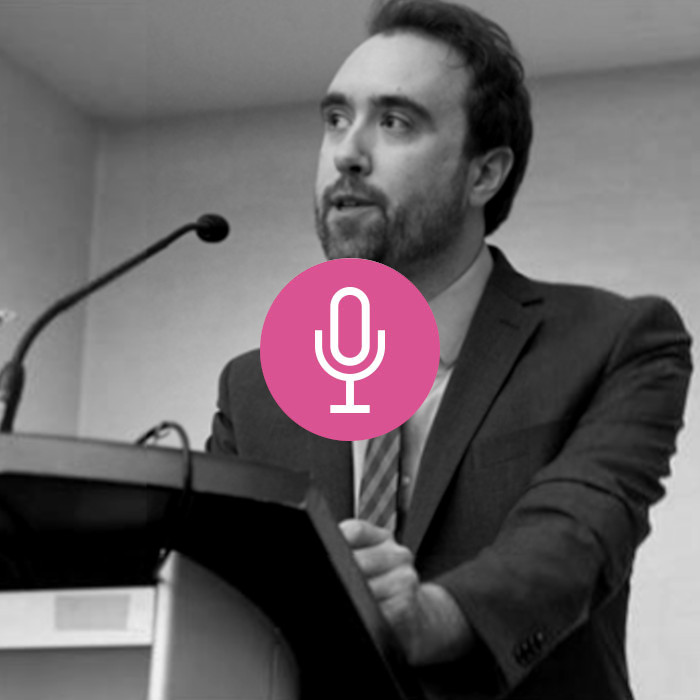The European Union’s often conflicted personality is visible in the tangled web of technocratic details and negotiations, now several years in the making, that surround the Commission’s proposal for a Critical Raw Materials Act.
Finally published in March this year, the proposal has just made its way through the European Parliament’s Energy and Industry Committee. The headline aims of the act – seen as Europe’s response to the US’s Inflation Reduction Act – are couched firmly in the terms of resource nationalism: increasing European production, refining and recycling of the 18 elements that are deemed to be ‘critical’ to the transition to Net Zero[1].
The tools set are (among other things) speeding up permitting for domestic ‘strategic’ mining projects; increasing cooperation between the 27 member states on refining; and providing additional project financing from Horizon Europe (the bloc’s €95 billion r&d fund). On top of this is the plan to beef up regional minerals buying clubs and partnerships with ‘reliable’ national suppliers (the US, Canada and Australia are mentioned in the communication).
Underpinning all of this, as so often, lie the perennial questions of EU identity. Is the EU predominantly a protective club, serving the interests of rich nations, or a bastion of free trade and international development? Does the European Commission exist to provide coordination frameworks for national governments, or the engine room of a modern European Industrial Strategy? Is the European Green Deal’s primary aim energy and resource security for the bloc, or the protection of the world’s natural habits and reduction of global GHG emissions? Finally (and this one is at least an open debate point in the European Parliament), should EU legislation primarily exist to harmonise and reduce the workload of European businesses in tackling their environmental impacts, or to hold corporate leadership more fully to account in these respects? On all of these questions, the Critical Raw Materials Act is open to interpretation. This is how the lead MEP on the file (the German liberal/FDP deputy, Nicola Beer) sees it, in a press release issued a few weeks ago:
The proposal accelerates towards European security of supply, with a research and innovation offensive for alternative materials and production methods along the entire value chain. It boosts companies, especially European SMEs - not through avalanches of subsidies, but by accelerating and simplifying approval processes, reducing bureaucratic hurdles and introducing risk guarantees. With targeted economic incentives for production and recycling in Europe as well as the expansion of strategic partnerships with third countries on an equal footing, the proposal paves the way for Europe's course towards open, economic and geopolitical sovereignty.
What open, economic and geopolitical sovereignty means in the context of the mining of raw materials is anyone’s guess. Going back to the original communication, one doesn’t have to look hard to find the points in the official policy that appear to contradict its premises. In this case it comes page 13 and 14 of the March communication:
Today, many [non-EU] governments have turned their attention to the development of the CRM [critical raw materials] sector, often driven by industrial as well as geopolitical objectives. More than 18,000 measures of concern have been identified by the OECD as affecting CRM trade at its different stages. As demand for CRMs will increase in the future, the frequency and impact of such measures will likely increase accordingly, in the absence of global efforts to improve the situation.
This could threaten security of supply or create an uneven playing field that undercuts companies’ competitiveness, not just for the EU but for all countries who depend on imports of these materials. But trade restrictions also create inefficiencies. For example, export restrictions as a tool for stimulating local mineral processing do not pay off [emphasis own].
This of course invites the question as to whether the Commission foresees a percentage of the onshore materials production it hopes to encourage being exported. The answer is almost certainly not – as that would nullify the primary aim of the strategy which is says is to “make the most of [Europe’s] reserves and develop exploration, extraction, refining, processing and recycling activities at home in full respect of our environmental ecosystems.”
The term the Commission lawyers have come up with to fit this square peg into a WTO-shaped hole is a new one for me: “open strategic autonomy”. What it amounts to in geopolitical practice will probably be a gigantic double standard: no ‘strategic autonomy’ for developing countries with large reserves of critical raw materials but lots of room for EU member states to protect and subsidise their own mining while importing the shortfall at will on terms dictated by commodities clubs made up of OECD countries. The communication itself boasts of a 2022 dispute settlement the EU won at the WTO to stop Indonesia imposing export restrictions on its Nickel[2] and yet all that country itself was interested in was in building up its own domestic refining capacity.
The other big question hovering over the Raw Materials Act is how the proposal for ‘streamlined permitting’ for strategic mining projects in Europe interacts with the EU’s supposed attempts to expand Nature Protected Areas. As a number of mining company CEOs have pointed out, European authorities don’t generally like issuing permits for mining in their backyard, preferring to get their resources from faraway lands. And from the very start of this process, several years ago, nature NGOs have been warning EU policymakers not to rip up hard won environmental legislation in the face of calls for greater ‘open strategic autonomy’.
A case in point is the huge political wrangle there has been – for several years – over attempts by London-listed miner, Savannah plc, to win a permit for an open-cast lithium mine next to a nature reserve in, Barroso, in the North of Portugal. The project was recently approved by the Portuguese environmental regulator in the teeth of huge local opposition from the large farming community and conversationists, overturning a 2021 decision to block the project on environmental grounds. The Portuguese government has long coveted a role in the global lithium supply chain. Portugal has some of Europe’s largest reserves of the ‘white gold’ of green energy but has constantly faced setbacks from a population that seems to have different ideas. Lithium – as other parts of this collection attest – is mainly imported to Europe from Chile (whence 60% of the EU’s imports come), with almost no European production. As such, and thanks to lithium ion’s primary role in the most popular type of battery technology, the EU has targeted lithium as a major priority for its raw materials strategy. But, again, it’s hard to avoid the impression of a lack of strategic coherence.
The Critical Raw Materials Act is, ultimately, a classic attempt to shift the terms of trade to the EU’s advantage on a basket of primary inputs deemed central to future economic dominance. The Russian government’s invasion of Ukraine and the Chinese government’s pledge of a ‘limitless partnership’ with Russia has only strengthened the hand of the European miners and voices within Europe pushing for more autonomy. But that the main conservative political group in the European Parliament, the European People’s Party, has seemingly set itself against extending nature protected areas (and called for a moratorium on new environmental protections) and has even outflanked member state governments on its ‘conservatism’ is cause for additional alarm for environmental NGOs. Pushing for more mining in Europe without the requisite domestic environmental protections and with a lot of subsidy sloshing about could be a recipe for more than just disruption to international trade. It could throw the EU’s entire biodiversity strategy into question.
How all this will impact companies who continue import materials into Europe – and the responsibilities they will have to ensure that these do not come from (for example) forced labour or child labour are covered in the EU’s Corporate Due Diligence Regulation (you can read an assessment of that, by Amnesty International, here).
You can read the full legislative proposal and impact assessment here.
Footnotes
[1] “By 2030, EU’s capacity could approach or reach at least 10% of domestic SRMs demand for mining and extraction (where EU’s reserves allow for this), at least 40% for processing and refining, and at least 15% for recycling.”
Edward Robinson has spent over a decade working in climate change and environmental campaigns in the UK and EU. With Alasdair MacEwen, he co-founded Culmer Raphael in 2014 and Land and Climate Review in 2021.
Read more:
- Materials






